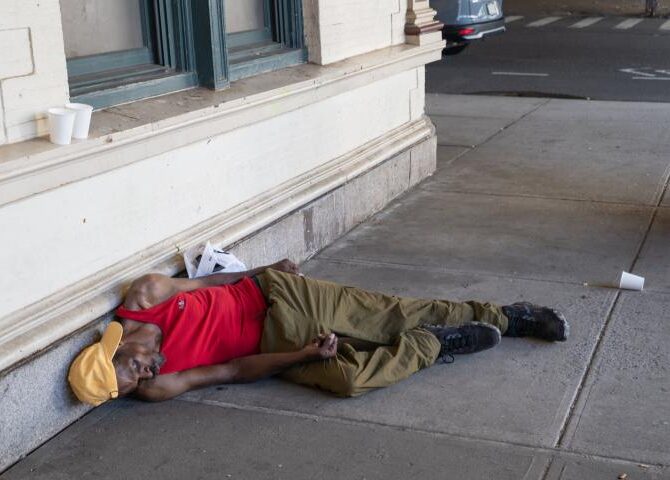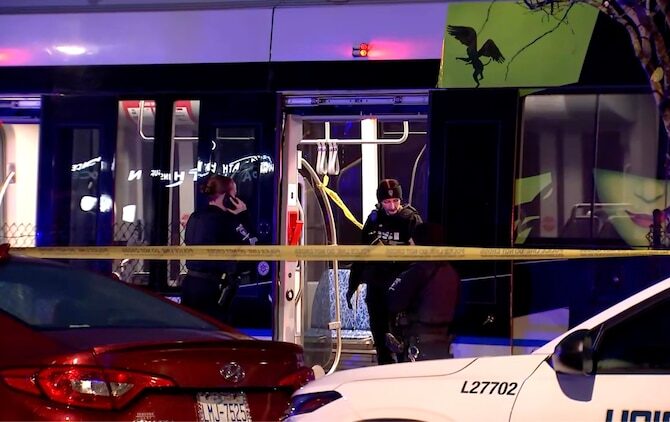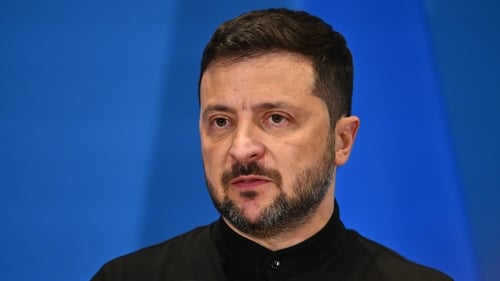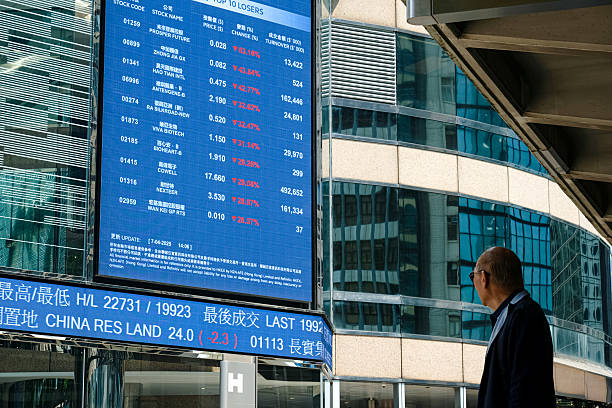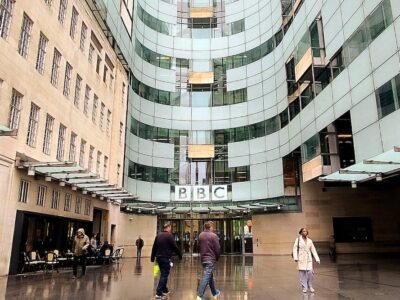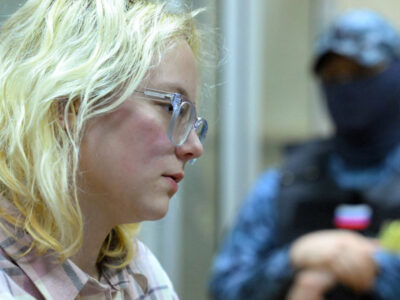Popular Posts
Post Slider Widget
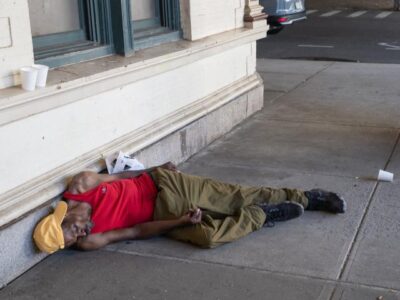 At least 46 people rushed to hospital from NYC’s 2 overdose prevention centers, who says it doesn’t know what happened to them
At least 46 people rushed to hospital from NYC’s 2 overdose prevention centers, who says it doesn’t know what happened to them A suspect has been charged in the Friday stabbing on a light rail train in Charlotte, North Carolina, according to police.
A suspect has been charged in the Friday stabbing on a light rail train in Charlotte, North Carolina, according to police.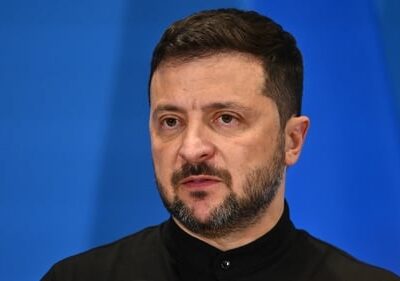 Zelensky says he had ‘substantive’ call with Witkoff –
Zelensky says he had ‘substantive’ call with Witkoff –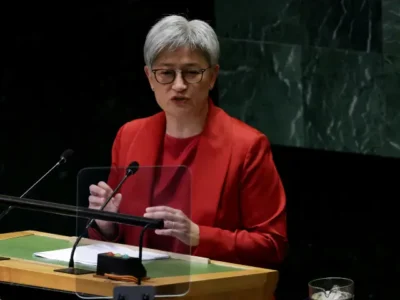 Australia hits Taliban officials with sanctions –
Australia hits Taliban officials with sanctions –
Invalid or expired token.
Categories
- Celeberity0
- News402
- Sport2
